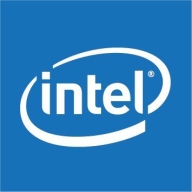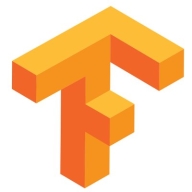

TensorFlow and OpenVINO are competing products in the realm of AI frameworks. TensorFlow seems to have an upper hand in flexibility and support, while OpenVINO is preferred for optimization on edge devices.
Features: TensorFlow offers a comprehensive suite of tools for building, training, and deploying machine learning models. It supports various platforms and provides extensive online resources. OpenVINO focuses on optimizing pre-trained models for efficient inference on Intel hardware. It provides tools designed for faster execution and edge deployment.
Ease of Deployment and Customer Service: TensorFlow provides extensive documentation and a supportive community, simplifying deployment across diverse environments. Its flexible options conveniently support both cloud and on-premises solutions. OpenVINO offers robust deployment tailored to Intel platforms, accompanied by dedicated Intel support. Although it presents a steeper learning curve, it specializes in optimization support.
Pricing and ROI: TensorFlow generally incurs no upfront licensing costs. Its open-source nature and extensive functionality can lead to a higher ROI. OpenVINO offers free tools, yet optimal use involves investment in Intel hardware. The ROI for edge applications may be higher, highlighting a tradeoff between price and performance.


OpenVINO toolkit quickly deploys applications and solutions that emulate human vision. Based on Convolutional Neural Networks (CNNs), the toolkit extends computer vision (CV) workloads across Intel hardware, maximizing performance. The OpenVINO toolkit includes the Deep Learning Deployment Toolkit (DLDT).
TensorFlow is an open source software library for high performance numerical computation. Its flexible architecture allows easy deployment of computation across a variety of platforms (CPUs, GPUs, TPUs), and from desktops to clusters of servers to mobile and edge devices. Originally developed by researchers and engineers from the Google Brain team within Google’s AI organization, it comes with strong support for machine learning and deep learning and the flexible numerical computation core is used across many other scientific domains.
We monitor all AI Development Platforms reviews to prevent fraudulent reviews and keep review quality high. We do not post reviews by company employees or direct competitors. We validate each review for authenticity via cross-reference with LinkedIn, and personal follow-up with the reviewer when necessary.